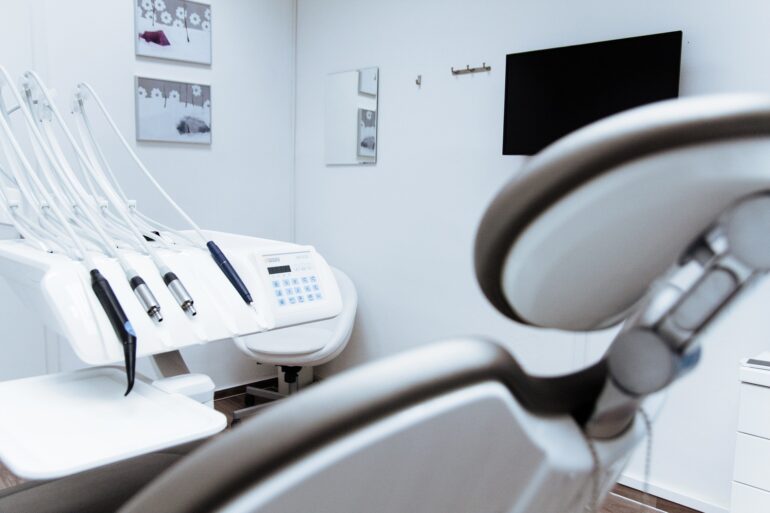TL;DR:
- AI is revolutionizing healthcare with its potential to raise alerts, maximize safety and minimize the risk of adverse events.
- Geoffrey Hinton warns about the dangers of AI without proper regulation and oversight.
- There are concerns about data privacy, security, and the potential for biases in algorithmic decision-making.
- The integration of AI into healthcare is poised to transform the industry, making it more efficient, cost-effective, and accessible.
- Challenges include algorithmic bias, patient privacy, and preparing the next generation to work responsibly with AI.
- Urgent regulation is needed to maximize the benefits and minimize the risks of AI in healthcare.
Main AI News:
As Artificial Intelligence (AI) continues to revolutionize industries around the world, the benefits and potential savings of machine learning are becoming increasingly apparent. From triage processes in emergency departments to real-time analysis in surgeries, the use of AI is helping to raise alerts, maximize safety, and minimize the risk of adverse events. Even in the mental health field, recordings of consultations and patients’ social media posts are being scanned for patterns of language that indicate an elevated risk of self-harm, mental distress, and suicidal ideation.
The rapid adoption of AI in healthcare presents both opportunities and challenges. While the benefits of the technology are numerous, including increased efficiency, cost-effectiveness, and accessibility, there are also concerns around data privacy, security, and potential biases in algorithmic decision-making. Professor Colleen Flood from the University of Ottawa emphasizes the importance of careful regulation and oversight to mitigate these risks.
The integration of AI into healthcare has already begun to transform the industry. Self-driving wheelchairs, for example, are reducing the dependence of people with profound disabilities on caregivers for simple, repeated journeys. However, AI pioneer Geoffrey Hinton warns that without proper regulation and oversight, unintended consequences could threaten our safety and well-being.
The integration of machine learning in healthcare raises complex questions about responsibility, ethics, and patient privacy in Australia. While AI has the potential to revolutionize the healthcare industry and improve patient outcomes worldwide, there are also concerns about algorithmic bias and patient confidentiality. Thus, a well-defined regulatory framework is essential to maximize the benefits of this technology while minimizing its risks. To proceed with caution and vigilance, it is important to establish regulations and oversight to address ethical and legal issues that may arise from the use of machine learning in healthcare.
Algorithmic bias and patient consent are just two of the many challenges associated with the rapid adoption of machine learning in healthcare. The use of vast data sets that are not representative of the entire population can lead to inappropriate decisions and discrimination against minorities. Obtaining genuine patient consent when tests or treatments are ordered by a machine is also an ethical minefield, as AI is now sophisticated enough to re-identify individuals from de-identified data.
In addition, institutions are struggling to prepare the next generation of professionals to work in an economy where AI will play a significant role. While there is concern about the abuse of AI to cheat, the real challenge is to equip students with the skills and knowledge to work responsibly with this technology.
As a community, we must urgently address the regulation of machine learning in healthcare. The development and application of this technology will not wait for governments to catch up. By working together to address these challenges, we can harness the potential of AI to transform healthcare and improve outcomes for patients worldwide. It is imperative that we put in place regulations to protect patient privacy and ensure that AI is used responsibly and ethically in the healthcare industry.
Conlcusion:
The integration of AI into healthcare presents significant opportunities for the market. The potential benefits of increased efficiency, cost-effectiveness, and accessibility are clear, and the use of AI in healthcare is only set to grow. However, as with any emerging technology, there are also risks and challenges associated with its rapid adoption, including concerns about data privacy, security, and algorithmic bias.
As the healthcare industry continues to navigate these challenges, it will be essential for businesses to stay up-to-date with the latest developments in AI and take a cautious and vigilant approach to its implementation. By doing so, businesses can leverage the potential of AI to improve outcomes for patients while minimizing the risks to their own operations and reputation.

